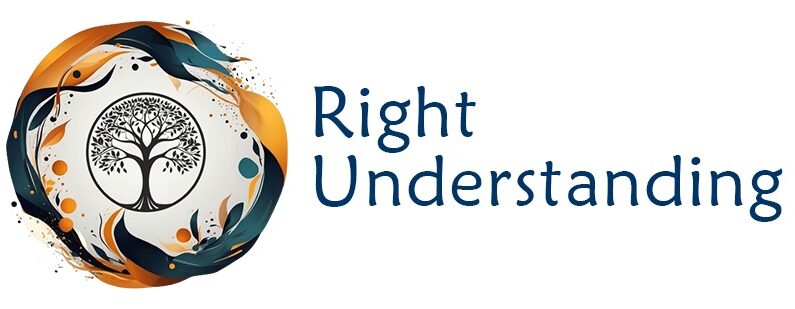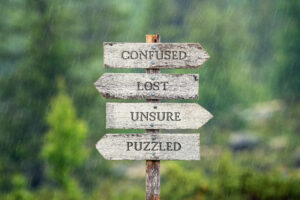Dharma: An easy way to understand
This is a draft
Have you ever pondered the true meaning of “dharma”? It’s a term that’s often tossed around in spiritual circles, but its essence is far more practical and universal than many realize. Let’s unpack this concept in a way that speaks to our everyday experiences and ethical dilemmas.
The Essence of Dharma
At its core, dharma can be understood as our cosmic blueprint for the role you have taken up. It’s not merely a set of rules handed down from on high, but rather a reflection of our deepest expectations about how we and others should act in the world. In essence, your dharma is what you expect others to do in their roles – and by extension, what you should do in yours.
Very simply put, it is what you would expect others to do – if they were in your position and you in theirs.
Let us look at some real world examples to understand this better
Real World Examples
The Doctor
Consider this scenario: You’re seriously ill and seek medical help. What are your expectations of the doctor? Naturally, you’d want them to apply their knowledge and experience diligently to your case, aiming for the best possible outcome. You certainly wouldn’t want them to view you as merely a business opportunity, contemplating which unnecessary tests or procedures they could recommend to maximize their profit.
Yet, that is not always true. Many times the doctors are more interested in what profession you are, to know what kind of money they can make off you when you’re ill. This cynical observation highlights the gap between dharma (what we expect) and the unfortunate reality we sometimes encounter.
What you would expect the Doctor to do is in essence, the Doctors Dharma. Dharma is something which is extremely intuitive and practical and universal. So if you are a Doctor yourself, you should act by your Dharma. In other words, its not about me, but the patient.
The Lawyer
Let’s shift our focus to the legal profession. Imagine a couple going through an amicable divorce. All terms are agreed upon, and they simply need a lawyer to formalize the paperwork. Sounds straightforward, doesn’t it?
Now, consider this real-life anecdote: “A lawyer, hired for this simple task, called the woman’s mother and suggested, ‘You can make a lot of money on this guy. Don’t just go along with it.'” What was intended to be a clean, mutual separation suddenly devolved into a protracted legal battle, benefiting the lawyer’s bank account.
Would you want to be treated this way if you were in a similar situation? Of course not. This disparity between what we expect (dharma) and what sometimes occurs illuminates the concept more clearly probably more than any philosophical treatise could.
The Government Employee
The government employee is responsible for ensuring clean water coming to your home. He is having family stress at home. Cannot concentrate at work. Diligence slips and your water supply comes contaminated. You fall sick. Would you forgive him? Out with his job, you would shout. How best to serve the community inspite of personal issues would be his Dharma, you would say, would you not?
The Universal Application
This principle extends far beyond these examples. From pharmaceutical companies pushing addictive painkillers to politicians making empty promises, we can find instances where actions diverge sharply from what we’d consider ethical behavior.
The Dharmic Insight
Here’s the crux of the matter: “A very simple way to understand dharma is to consider how you would expect to be treated by a person in a similar situation. That becomes your dharma.” It’s a profound yet accessible way to navigate ethical dilemmas and interpersonal relationships.
This approach to dharma is more than just a rehashing of the golden rule. It’s an invitation to deeply consider our roles in society, our expectations of others, and how these expectations should guide our own actions.
Practical Implications
Imagine a world where everyone adhered to this principle. Doctors would prioritize patient care over profit. Lawyers would seek justice rather than billable hours. Businesses would balance profit with social responsibility. It’s a vision of a more harmonious and peaceful society.
But this isn’t just a utopian fantasy. It’s a practical guide for daily decision-making. When faced with an ethical quandary, ask yourself: “How would I want to be treated if I were on the other side of this situation?” This simple question can be a powerful compass for navigating complex moral landscapes.
Conclusion: The Ripple Effect of Dharma
Understanding and living by your dharma isn’t about achieving instant enlightenment or moral perfection. It’s about making conscious choices that resonate with the natural order and harmony of existence. Each action aligned with your dharma creates a ripple effect, potentially inspiring others to reflect on and elevate their own behavior.
As you go about your day, consider the profound simplicity of this approach to dharma. It’s not just a philosophical concept – it’s a practical tool for creating a more peaceful and harmonious world, one interaction at a time.
In the grand tapestry of human interactions, your adherence to dharma might seem like a single thread. But remember, it’s these individual threads that together weave the fabric of a more balanced and harmonious society. By aligning our actions with what we truly expect from others, we increase what we might call our “dharma coefficient” – our contribution to the overall peace and harmony of our shared existence.
What pattern will you choose to create? How will you contribute to this cosmic dance of interconnectedness? Remember, in living your dharma, you’re not just making conscious choices – you’re participating in the fundamental rhythm of a more peaceful and harmonious universe.

